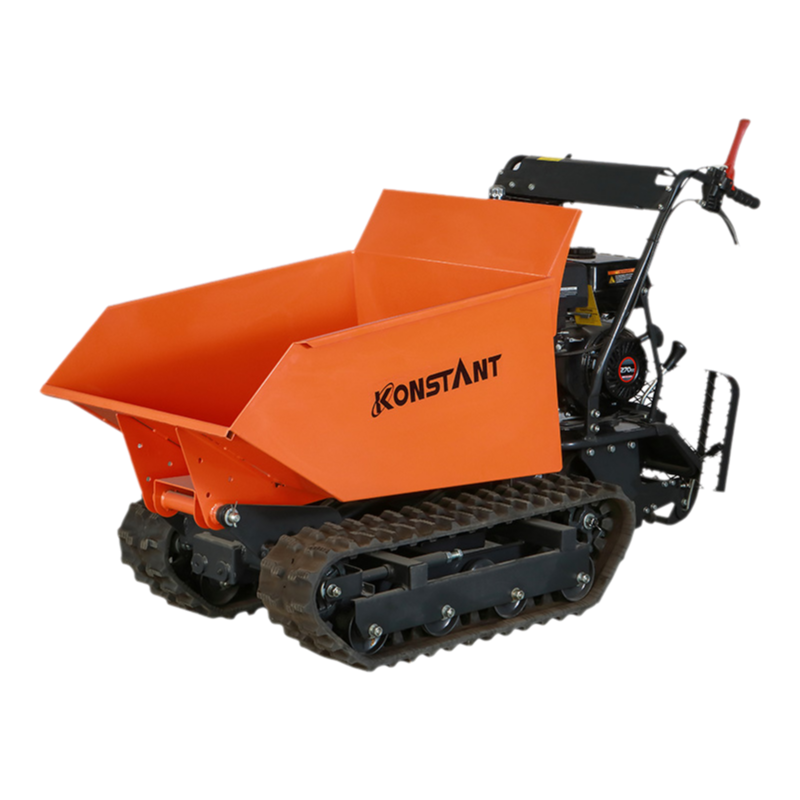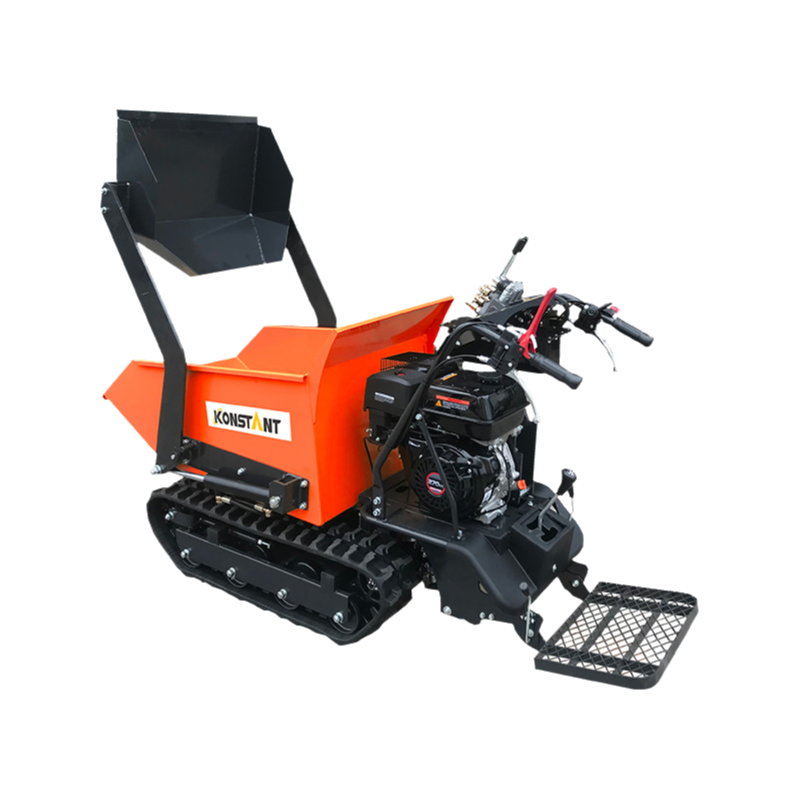Provide you with the latest enterprise and industry news
How Electric Wheelbarrow Factory Designs Shape Tomorrow’s Worksites
Posted by Admin
The rise of mechanized labor solutions has put the Electric Wheelbarrow Factory at the forefront of improving safety and efficiency in daily operations across multiple industries. As manual material handling continues to pose risks, electric wheelbarrows offer a valuable alternative to reduce physical strain and workplace injuries.
One of the primary concerns for employers in construction, agriculture, and landscaping is ensuring the well-being of workers during load transportation. Traditional wheelbarrows often require excessive physical force to maneuver across uneven terrain or up slopes, muscle fatigue, repetitive stress injuries, or even sudden accidents. By integrating battery-powered mobility and automatic braking systems, electric wheelbarrows significantly reduce the risks associated with overexertion and slippage.
Additionally, electric wheelbarrows improve operational efficiency by allowing workers to move heavier loads in shorter periods of time. This enhances overall productivity while minimizing the likelihood of delays caused by fatigue or labor shortages. The design of modern electric wheelbarrows often includes features such as adjustable speed control, load balancing, and ergonomic handles, all of which contribute to more streamlined workflows.
Beyond individual benefits, electric wheelbarrows help organizations establish a stronger safety culture. With less reliance on physical force and greater consistency in performance, supervisors can better manage their teams and allocate tasks with reduced health concerns. This often leads to fewer sick days, lower insurance claims, and improved employee morale.
Moreover, a factory specializing in electric wheelbarrows plays a critical role in setting industry benchmarks. By continually investing in innovation and regulatory compliance, such factories ensure their equipment meets or exceeds modern safety standards. These advancements ripple through the supply chain, encouraging contractors and fleet managers to replace outdated tools with safer, smarter alternatives.
As industries become increasingly aware of the costs associated with injuries and inefficiencies, demand for battery-assisted wheelbarrows is expected to grow. In response, factories are also embracing sustainable practices such as recyclable battery materials, modular parts for easier maintenance, and quieter motor technology to align with environmental and urban workplace standards.
Another compelling factor is the role of electric wheelbarrows in reducing environmental impact. Unlike diesel or gas-powered alternatives, electric models produce no emissions and generate less noise, which is essential for projects operating under strict environmental regulations or within residential zones.
By centralizing the design and production process, a specialized factory helps streamline quality control, ensures compliance with safety protocols, and accelerates innovation. Prototypes are tested rigorously before entering the market, and customer feedback loops allow factories to refine features continuously.
Looking forward, construction sites are expected to adopt more automation technologies, with electric wheelbarrows playing a key supporting role. Their scalability, cost-effectiveness, and adaptability make them a logical next step for companies aiming to modernize their operational logistics without overhauling their entire equipment lineup.
Moreover, the rise of electric transport solutions aligns with the broader push toward sustainable farming practices. With no direct emissions and lower energy usage, these machines contribute to eco-friendly operations, which is increasingly valued in both domestic and export-oriented farming.
The innovation coming out of electric wheelbarrow manufacturing facilities also plays a role in improving productivity for small-scale farms and cooperatives. These groups often lack the resources for large machinery but benefit greatly from compact and efficient tools. The cost-effective nature of electric wheelbarrows makes them accessible without compromising on performance.
By focusing on mobility, safety, and intelligent design, factories are not just building equipment—they are shaping the future of farm work. Through continuous innovation, they provide farmers with the confidence to invest in tools that are safer, cleaner, and built for the long haul.
As agriculture faces the dual pressures of climate change and global food demand, tools like electric wheelbarrows represent a forward-thinking approach that supports resilience and productivity across the sector.

 English
English русский
русский Français
Français Español
Español Deutsch
Deutsch















